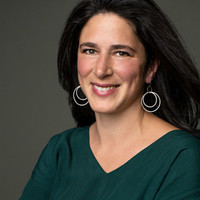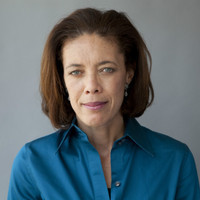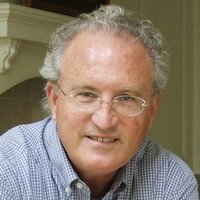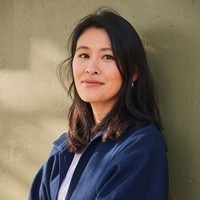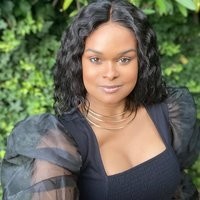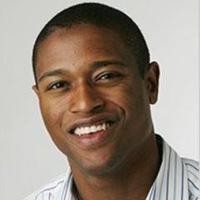Sarah Stillman is a staff writer for The New Yorker and the director of the Global Migration Program at Columbia University Graduate School of Journalism. She won the George Polk Award for "The Migrant Workers Who Follow Climate Disasters."
“I’m all about the Venn diagram where the individual meaningful stories of things people are up against intersect with the big systemic injustice issues of our day. It feels like climate is clearly an enormous domain where it’s been hard in some ways to tell substantive stories of where actual human beings are navigating and pushing back on some of these huge cultural forces.”
This is the latest in a week-long series of conversations with winners of this year's George Polk Awards in Journalism.

